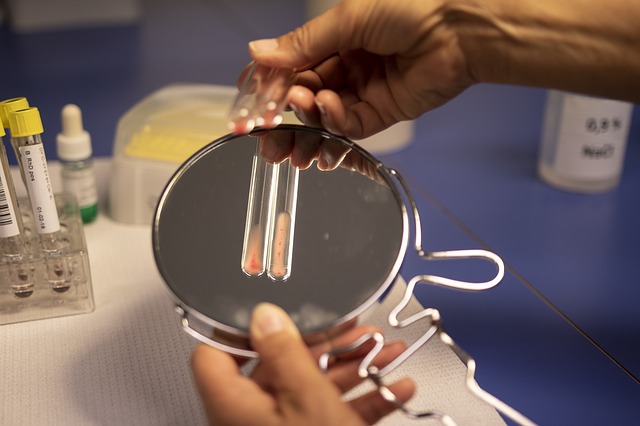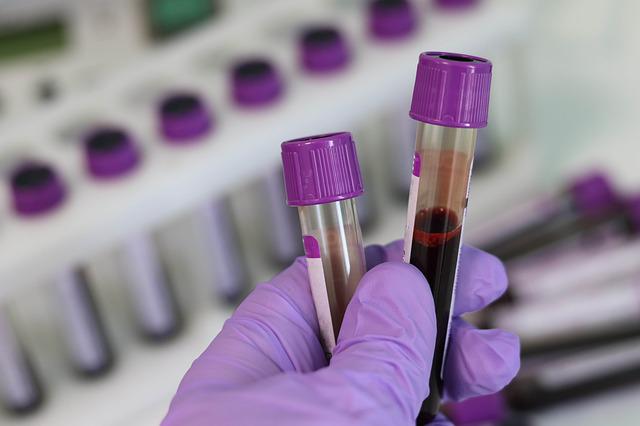Currently, biochemical tests have become an indispensable tool for clinical veterinarians to diagnose diseases, observe the efficacy, and determine the development and prognosis of the disease. However, there are many factors that affect the biochemical test results, such as the animal's age, sex, diet, mental status and exercise status, animal blood collection position, blood collection methods, sample handling and medications. These factors are often overlooked by clinicians and testers.
This article takes a look at how the age and sex of the animal may affect biochemical results.
Age of the animal
Young animals are in an active developmental stage. Some biochemical indicators of normal young animals may not be in the reference range of adult animals. The skeletal metabolism of young animals is active, and skeletal growth increases the secretion of alkaline phosphatase (ALP) by osteoblasts, so that ALP activity is higher in growth-age animals than in healthy adult animals.
There are many biochemical indicators that are lower in young dogs and cats than in adult dogs and cats. For example, blood glucose concentrations in healthy 2-week-old puppies may be lower than the reference range for adult dogs. However, blood glucose concentrations in an 8-week-old dog may be higher than the reference range for an adult dog.

Because puppies and kittens are in a period of rapid increase in plasma volume, total serum protein and albumin concentrations are lower than the normal range for adult animals. Younger animals have less muscle mass and therefore their serum creatinine concentrations are low. Puppies have high creatinine kinase (CK) activity, but values drop into the adult range as they grow to 7 months of age.
Similarly, lactate dehydrogenase (LDH) activity in puppies decreases to the adult range at 7 months of age. These examples illustrate how changes in age can affect the results of certain biochemical tests. Therefore, reference ranges should be established for these items at different ages in clinical testing.
Sex of the animal
Sex hormone levels in animals differ between genders. Sex hormone levels in adult females vary significantly during the menstrual cycle. In addition, analyses related to muscle metabolism, such as serum CK levels, are significantly higher in males than in females. This is particularly evident in puppies as young as 4 months of age. In addition, studies have reported higher phosphorus concentrations and calcium to phosphorus ratios in male Doberman pinschers than in females.



